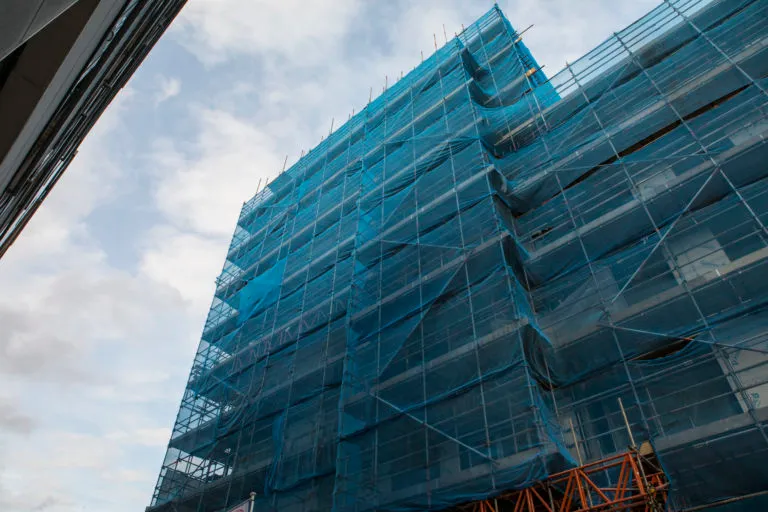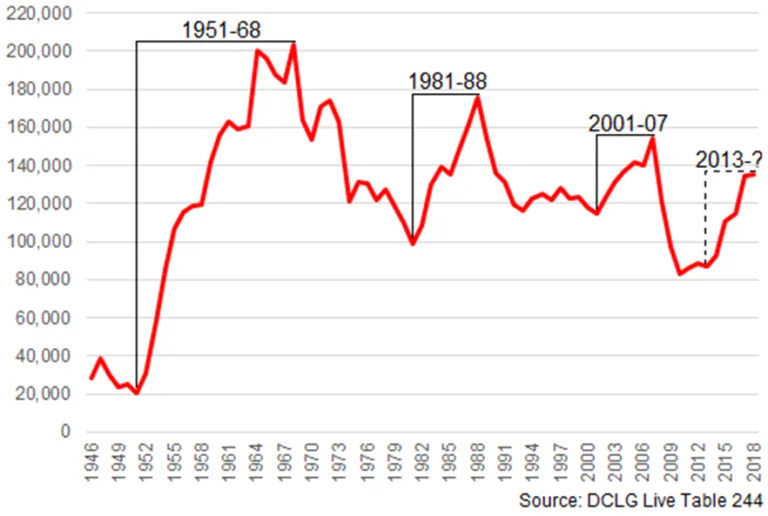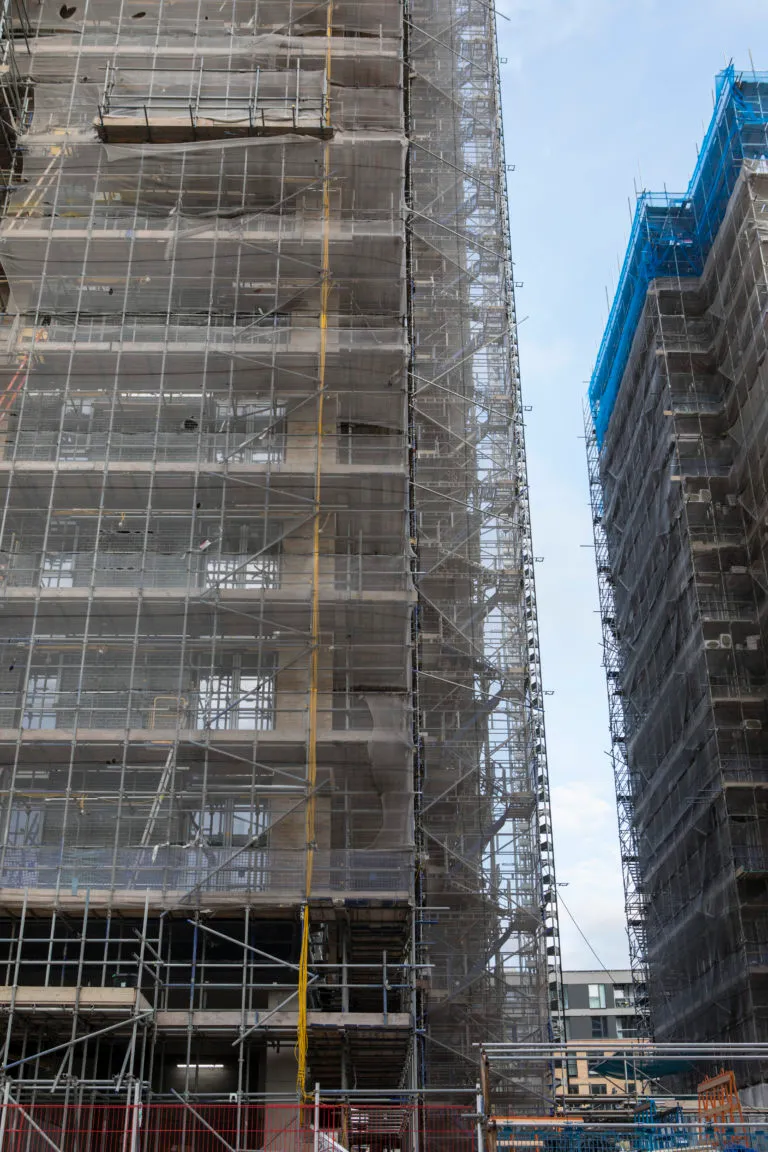The way to save the housing market
Published: by Robin White

Housebuilding has a vital role to play in the recovery of the economy in the coming months and years.
This was the resounding message from government last week when Housing Secretary Robert Jenrick set out a plan to get building again.
But telling builders how to get back on site will not be enough to save the housing market. If the economy continues to fall and house prices drop, private developers won’t build. That means a decrease in much-needed housing supply and a threat to skilled construction jobs.
There is a clear, moral argument for social homes, but there is also an economic one as social housing is not as vulnerable to volatile market conditions as other housing. Investing in social homes is a way to keep up supply for those most in housing need, but also protect jobs, the market and the economy.
Collapsing housebuilding markets: a lesson from recent history
The great financial crash of 2008 had a significant impact on both house prices and on levels of housebuilding in England. On average, house prices fell by nearly 20% between the end of 2007 and March 2009.
For those currently locked out of homeownership, a price drop may sound welcome, but a downturn has huge consequences for housing supply. The 2008 crash saw supply drop from 200,300 in 2007-08 to a low point of 117,700 by 2010-11. Anything similar would put an end to the government’s ambition of 300,000 new homes per year.

The reasons behind this are simple.
Private housebuilders take a gamble: when they buy land, they bet that prices will rise by the time they’ve finished building. Throw in a recession and suddenly they can’t make a profit. They can either continue building at a loss or wait until the lack of housing causes another price spike. And the boom-bust cycle continues, usually around every 10 years.
But social housing doesn’t have this problem. Long-term rents cover the cost of development, and rent levels don’t fluctuate with the market, so it’s a safer, more resilient development model. And it stays affordable for people throughout the ups and downs of the economy.
Building our way out
The housing sector employs more than two million people whose jobs are at risk in a downturn. In 2008, we permanently lost many skilled workers and one third of small and medium-sized (SME) building firms.[1] Protecting these this time around is clearly – and correctly – a priority for ministers.
It is also eminently possible.
Private housebuilders make up the bulk of the supply right now. But this isn’t the only type of housebuilding we can do – there is a strong argument that our focus should instead be on the delivery of non-market housing, such as social housing.
And, as the government-commissioned review into build-out concluded[2], social housing demand is already virtually unlimited. The 1.1 million people on council waiting lists and the 280,000 people who are homeless in England are, in fact, just the tip of the iceberg when it comes to social housing demand.

Kate Stanworth/Shelter
What this means is that if, instead of trying to prop up private housebuilding, the government invested in and supported increased social housing provision, it would help protect jobs and skills in construction.
In addition, what recent times have shown us is that the value of good quality, safe housing cannot be overstated.
In recent months, the government has taken repeated steps to increase protections for those in the private rented sector and those on low incomes, for whom finding and maintain a safe home is now harder than ever. Looking forwards, it is clear that significantly expanding our stock of social housing is the best long-term solution to this problem.
What we need now is proper investment and a blueprint for how to make this happen. At Shelter, we are ready to work with government, the housebuilding sector and those in housing need to design this. Onlywith a funded plan can we identify the policy steps necessary to both protect our vital housebuilding sector and to deliver the homes people need now.
Please sign our petition urging politicians to prioritise social housing and build the homes we so urgently need.
[1] https://www.hbf.co.uk/documents/6879/HBF_SME_Report_2017_Web.pdf
[2]https://assets.publishing.service.gov.uk/government/uploads/system/uploads/attachment\_data/file/752124/Letwin\_review\_web\_version.pdf